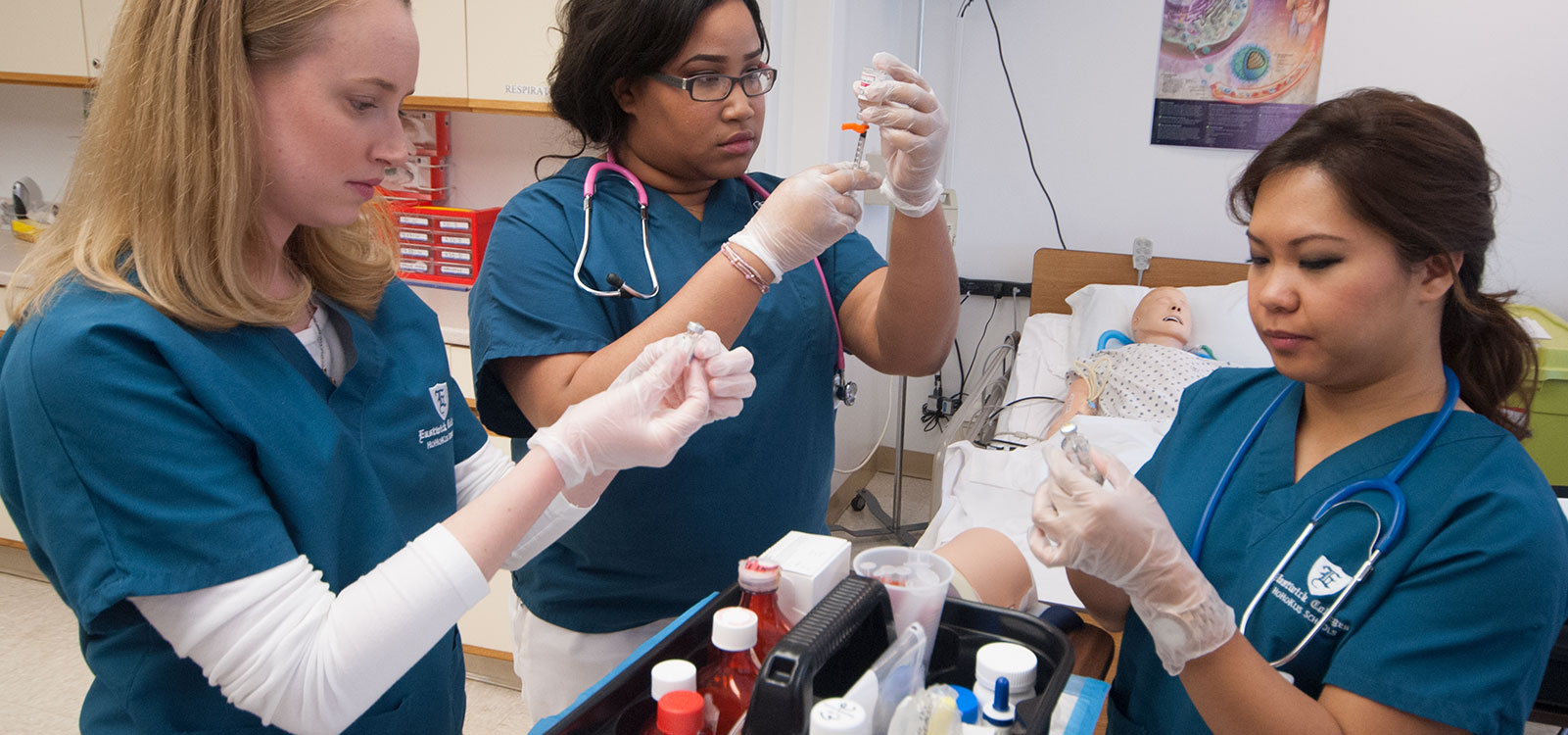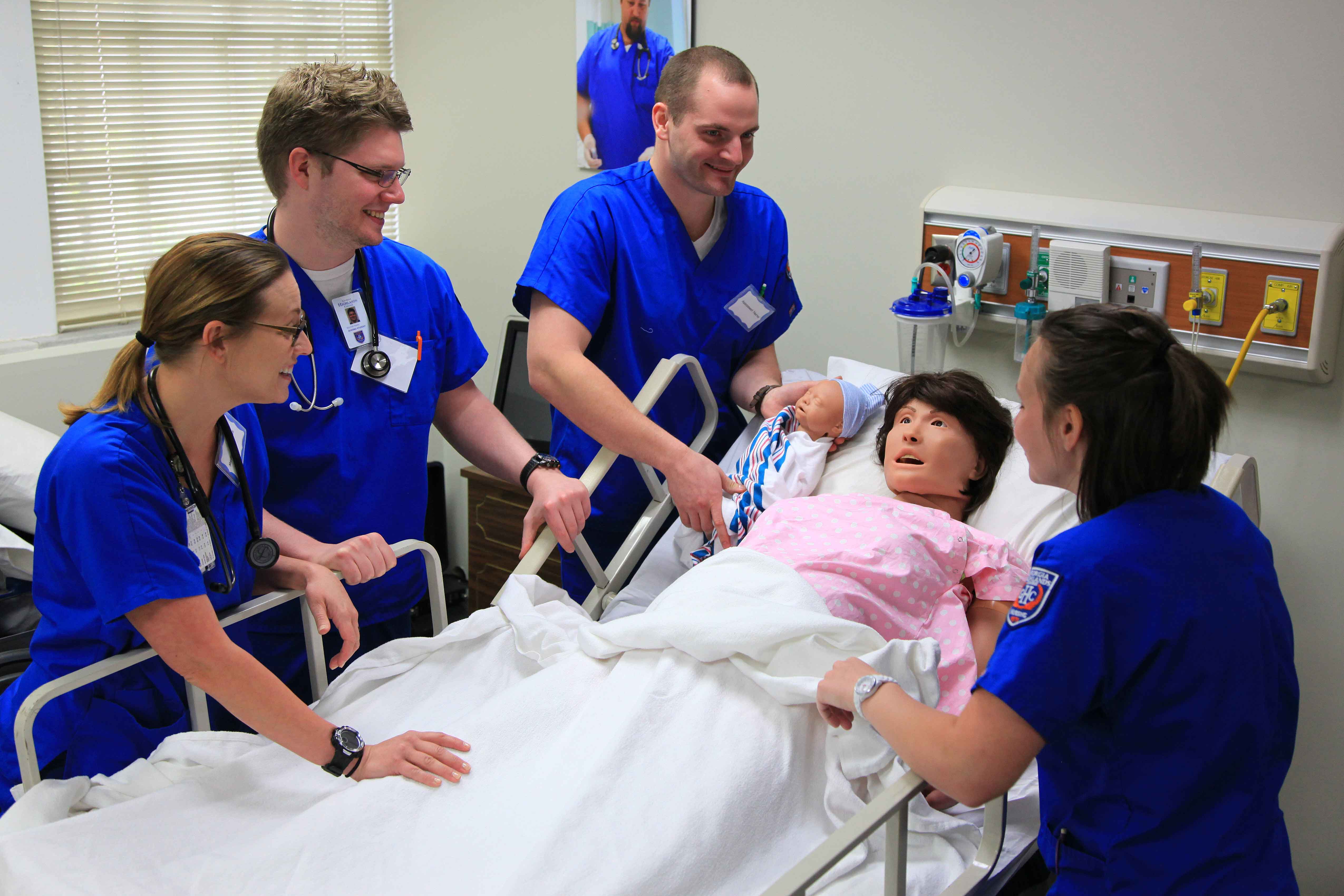Thinking about a nursing career in New York City often brings up big questions about pay, and for good reason. What a nurse earns in this vibrant place really matters, especially with the costs of city life. Getting a clear picture of typical earnings, and what influences them, can help you plan your professional path, or perhaps even decide if a move to this famous city feels right for you. It's a pretty important consideration, to be honest.
Nursing, you see, involves taking care of people of all ages, families, and communities. This care is given whether someone is sick or well, and in all sorts of places, too. It’s a very independent role, but also one that asks for a lot of teamwork with others. Nurses and midwives, as a matter of fact, make up a huge part of the female workforce across the globe, showing just how vital this profession truly is. There are, apparently, more than 80% of the world’s nurses working in countries that house half of the global population, which is quite something.
The global nursing workforce has, quite frankly, seen some growth, moving from 27.9 million people in 2018 to 29.8 million in 2023. Yet, there are still big differences in how many nurses are available from one place to another, and this holds true for different countries and regions. So, when we talk about nursing salary in NYC, we're discussing a key part of a much bigger, very essential global picture, and what it means for those providing care right here. It's a topic that affects many, you know.
Table of Contents
- What's the Deal with Nursing in NYC?
- Factors That Shape Your Nursing Paycheck
- Average Nursing Salary Figures in NYC
- Living in NYC: What Your Salary Means for Your Life
- Ways to Boost Your Nursing Earnings
- The Future for Nurses in the Big Apple
- Common Questions About Nursing Pay in NYC
What's the Deal with Nursing in NYC?
New York City, with its many hospitals and healthcare places, always needs skilled nurses. This is a very active city, and its healthcare system is quite large, serving millions of people. This means there's often a steady demand for nursing professionals across various roles and different kinds of facilities. The sheer size of the population, and the diverse health needs that come with it, naturally create a consistent need for medical care providers, so that's a big part of it. It really is a place where nurses are always wanted.
The profession itself is, as I was saying, about providing thoughtful, comprehensive care. It's about being there for people when they are at their most vulnerable, offering comfort, treatment, and guidance. This kind of work is incredibly important for the well-being of the community. In a place like NYC, where life moves so quickly, having dedicated nurses is, frankly, absolutely essential for keeping everyone healthy and safe. You know, it's pretty much the backbone of public health.
Factors That Shape Your Nursing Paycheck
When you look at nursing salary in NYC, it’s not just one number. Several things play a part in what a nurse actually takes home. These factors can make a pretty big difference in your annual earnings. Understanding them can help you see where you might stand, or what you could work towards, which is a good thing to know, honestly. It’s not just a flat rate, you see.
Experience and Time on the Job
Just like with many jobs, how long you've been a nurse really counts. New nurses, those just starting out, usually earn a little less than someone who has been working for many years. With each year you gain more practice and skill, your value to healthcare places often goes up, and your pay tends to reflect that. It’s sort of a natural progression, you know, as you get better at what you do. So, more time generally means more money, which is fair enough.
Seasoned nurses, those with a lot of experience, often command higher salaries because of their proven abilities and the wisdom they've gathered. They might also take on more difficult cases or leadership roles, which can also mean better pay. It's pretty much a standard thing in many professions, but especially so in a field where practical knowledge is so highly valued. Basically, the more you've seen and done, the more you can earn, and that's just how it is.
Your Specialty Makes a Difference
The kind of nursing you do can also affect your earnings. Some nursing specialties are in higher demand or require very specific, advanced training, and these often pay more. For example, a nurse working in an intensive care unit (ICU) or an operating room (OR) might earn more than a nurse in a general medical-surgical ward. These areas, you see, often deal with more critical situations or complex procedures, which calls for a particular set of skills and a lot of quick thinking. It’s just a different level of care, you know.
Specialties like certified registered nurse anesthetists (CRNAs) or nurse practitioners (NPs) often have some of the highest salaries because they have advanced degrees and can perform a wider range of medical tasks. They take on more responsibility, which, naturally, comes with a higher compensation. So, choosing a particular area to focus on could really change your income potential, and that's something to think about, definitely. It's worth exploring different paths, anyway.
Where You Work Matters
The type of healthcare facility where you're employed can also play a role in your nursing salary in NYC. Large, well-known hospitals in Manhattan, for instance, might offer different pay scales compared to smaller clinics or community health centers in other boroughs. Private hospitals might pay differently than public ones, too. Some places might offer better benefits packages that, in a way, add to your overall compensation, even if the base salary looks similar. It’s worth checking out all the options, honestly.
Unionized hospitals, for example, often have set pay scales and regular raises as part of their agreements, which can provide a lot of stability and predictable income growth. This can be a pretty big draw for many nurses looking for consistent pay increases and strong worker protections. So, where you choose to work can actually have a significant impact on your financial well-being, which is something to consider very carefully, you know. It's not just about the name of the place, but also its policies.
Education and Certifications
Your level of education and any extra certifications you hold can also boost your earning power. Nurses with a Bachelor of Science in Nursing (BSN) degree typically earn more than those with an Associate Degree in Nursing (ADN). Going further and getting a Master of Science in Nursing (MSN) or a Doctor of Nursing Practice (DNP) degree can open doors to even higher-paying roles, like advanced practice registered nurses (APRNs) or nursing educators. It's pretty clear that more schooling often leads to more money, you know.
Specific certifications in areas like critical care (CCRN), emergency nursing (CEN), or oncology (OCN) also show a higher level of expertise and dedication. These certifications can make you a more valuable candidate for certain positions and, consequently, help you ask for a better salary. It's a way of showing you've gone the extra mile, and that extra effort often pays off, which is a good thing, really. So, more learning can mean more earning, basically.
Average Nursing Salary Figures in NYC
While exact numbers can change based on all those factors we just talked about, we can look at some general ranges for nursing salary in NYC. For a registered nurse (RN) just starting out, you might see an annual salary somewhere around $85,000 to $95,000. This is, of course, a starting point, and it can go up pretty quickly with a few years of experience. It's a decent wage to begin with, you know, for a city like this.
Nurses with a few years under their belt, say five to ten years of experience, could typically expect to earn between $100,000 and $120,000 a year. For highly experienced nurses or those in specialized roles like ICU or ER, salaries might climb even higher, perhaps reaching $130,000 or more annually. Advanced practice nurses, like nurse practitioners, often earn significantly more, sometimes well over $140,000, depending on their specialty and where they work. So, there's a lot of room for growth, which is nice.
It’s worth remembering that these are just general figures, and the actual offer you receive could be a bit different. Things like shift differentials for working nights or weekends, and any bonuses, can also add to your total compensation. So, always look at the full package when considering a job offer, not just the base salary, because that can really change things, you know. It's all part of the big picture, essentially.
Living in NYC: What Your Salary Means for Your Life
New York City is, as you probably know, famous for its high cost of living. This is a very real consideration when you're thinking about nursing salary in NYC. Rent, especially, can take a big chunk out of your paycheck. Groceries, transportation, and just general day-to-day expenses also tend to be higher here than in many other parts of the country. So, while the salaries might seem high, you have to balance that against what it costs to simply live here, which is a big deal, frankly.
However, the city also offers so much in terms of culture, entertainment, and career opportunities. Many nurses find that the experiences and professional growth available in NYC make the higher cost of living worth it. It’s a trade-off, really. You might need to be smart about budgeting and perhaps look at living in boroughs outside of Manhattan to make your salary stretch further. A lot of people commute, actually, and that's a common way to manage things. It's a choice many make, you know.
Ways to Boost Your Nursing Earnings
If you're looking to increase your nursing salary in NYC, there are several practical steps you can take. Getting more education is a very clear path; earning a BSN or an MSN can significantly improve your earning potential. Pursuing specialty certifications, as we mentioned, also makes you more valuable and can lead to higher pay in specific areas. These are pretty direct ways to make more money, you know, by adding to your skills.
Another way is to gain more experience, especially in high-demand specialties. Working extra shifts, if your schedule allows, or taking on per diem work can also add to your income. Some nurses also look into leadership roles or becoming preceptors for new nurses, which often come with a pay bump. So, there are definitely opportunities to grow your earnings beyond just your base salary, and that's a good thing to remember, really. It's all about making smart choices, basically.
Networking with other healthcare professionals and staying updated on the latest trends in nursing can also indirectly help your career and earning potential. Knowing about new practices or technologies can make you a more desirable candidate for better-paying positions. It’s about continuously learning and growing, which is, in a way, what nursing is all about. You can learn more about nursing on our site, and link to this page for more career paths.
The Future for Nurses in the Big Apple
The outlook for nurses in New York City looks, honestly, quite positive. The demand for healthcare services remains strong, and the need for skilled nursing professionals is expected to continue growing. My text points out that the global nursing workforce has already grown from 27.9 million in 2018 to 29.8 million in 2023, showing a clear upward trend in the profession's size. This general growth suggests good opportunities for nurses everywhere, including NYC, which is a very active healthcare hub, you know.
Also, the World Health Organization is currently putting together the "State of the World’s Nursing 2025 (SOWN 2025) report," which will be officially launched on May 12, 2025. This report will offer updated insights into the global nursing profession, and its findings will likely highlight the continued importance and demand for nurses. Such reports often underscore the need for investment in the health workforce, which can only be good news for nursing salary in NYC and beyond. It’s a pretty exciting time for the profession, really.
So, for anyone thinking about a nursing career in New York City, the prospects seem good. There will likely be plenty of opportunities, and with the right education, experience, and specialization, you can certainly build a rewarding and financially stable career here. It's a place where your skills will be needed, and that's a very reassuring thought, isn't it? It’s a field with a lot of promise, basically.
Common Questions About Nursing Pay in NYC
People often have specific questions when considering nursing salary in NYC. Here are a few common ones that come up:
Is the nursing salary in NYC enough to live comfortably?
Living comfortably in NYC on a nursing salary really depends on your lifestyle and how you manage your money, you know. While nursing pay is generally higher than the national average, the cost of living here is also significantly higher. Many nurses find ways to live well by budgeting carefully, sharing housing, or choosing to live in more affordable areas just outside Manhattan. It's totally possible, but it takes some planning, honestly.
What's the difference in pay between hospitals and clinics in NYC?
Generally, large hospitals in NYC, especially those connected to major university medical centers, tend to offer higher salaries and more comprehensive benefits packages compared to smaller clinics or private doctor's offices. This is often because hospitals operate 24/7 and handle more critical or complex cases, which requires a larger, more specialized nursing staff. So, you might see a bit of a difference there, which is something to keep in mind, really.
How does overtime affect a nurse's annual income in NYC?
Overtime can significantly boost a nurse's annual income in NYC. Nurses often have opportunities to pick up extra shifts, especially in busy hospitals or during staff shortages. These hours are typically paid at a higher rate, like time-and-a-half. So, if you're willing to work more hours, your total earnings for the year can go up quite a bit, and that's a pretty common way for nurses to earn more money, actually. It's a direct way to increase your take-home pay, you know.
For more official information on nursing statistics and workforce data, you might want to check resources like the World Health Organization's reports on nursing. You can find details about the upcoming SOWN 2025 report launch here.



Detail Author:
- Name : Julia Nolan
- Username : thora.thiel
- Email : deon80@yahoo.com
- Birthdate : 1970-12-31
- Address : 90157 Koch Creek Mitchellshire, DE 72493-7932
- Phone : 947.722.5536
- Company : Kassulke-Fadel
- Job : Butcher
- Bio : Omnis sint soluta a commodi dolorem perspiciatis quis. Asperiores unde voluptatem ut voluptatibus sint. Rerum sunt hic ut enim.
Socials
linkedin:
- url : https://linkedin.com/in/madie9971
- username : madie9971
- bio : Voluptate quo similique eos ipsum et.
- followers : 898
- following : 703
facebook:
- url : https://facebook.com/madie_official
- username : madie_official
- bio : Dolorem et dignissimos rem illo.
- followers : 2155
- following : 1387
tiktok:
- url : https://tiktok.com/@olsonm
- username : olsonm
- bio : Et facilis quas enim autem rerum exercitationem necessitatibus.
- followers : 5682
- following : 1292
instagram:
- url : https://instagram.com/molson
- username : molson
- bio : Dicta autem ut autem iure sed voluptate. Quas assumenda eos facere occaecati laborum.
- followers : 701
- following : 736

